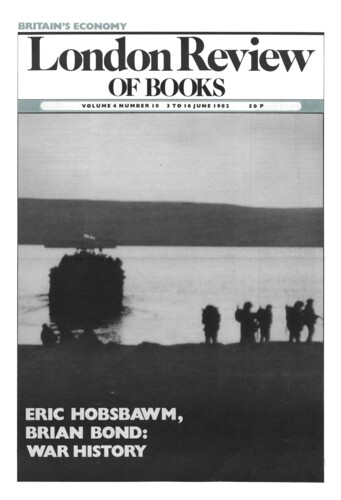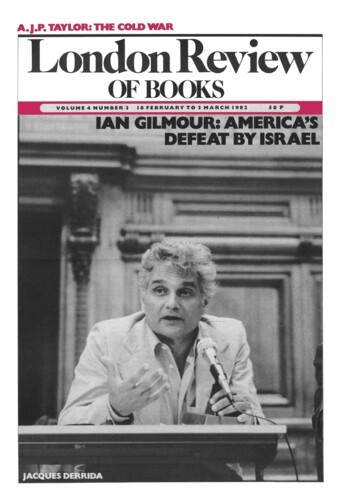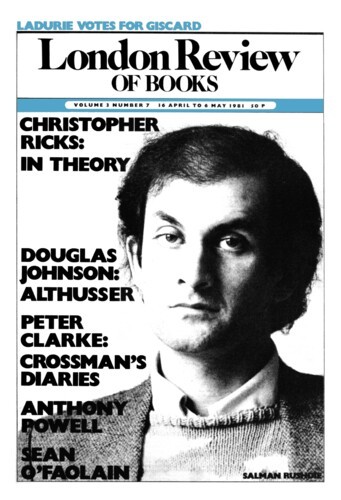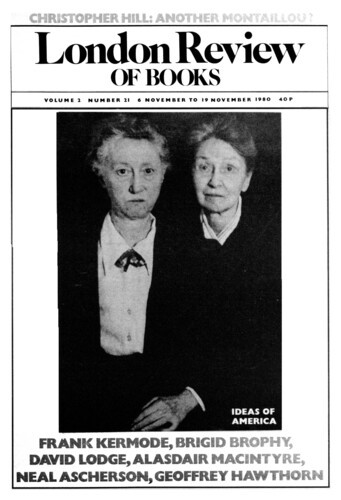When the Scottish radical lawyer, Thomas Muir, was tried before the infamous Lord Braxfield in 1793, he declared that if what he had advocated was treasonable, then Plato, Harrington and David Hume were equally guilty. To the present-day student of Hume, Muir’s inclusion of him in his catalogue of reformers must appear even odder than his appeal to Plato: for Hume is usually and rightly portrayed as a consistent defender of the 18th-century Hanoverian status quo. But Muir’s sense of Hume did not altogether lead him astray: for the essay by Hume which he cited, the ‘Idea of a Perfect Commonwealth’, had already been put to revolutionary use. The list of books James Madison had recommended in 1782, as the first acquisitions for a library for the Congress, had included Hume’s Essays and Treatises on Several Subjects as well as his History of England; and in his contributions to the Federalist in 1787-8, Madison had drawn upon several of those essays, including the ‘Idea of a Perfect Commonwealth’. Hume therefore did in fact contribute to one of the classic statements of 18th-century republicanism. Douglass Adair – in Fame and the Founding Fathers (1976), but the discovery was made in his doctoral dissertation of 1943 – was the first to identify Hume’s detailed and specific influence on Madison, and to understand that influence as part of the general culture of the Scottish Enlightenment which Madison acquired at Princeton from the teaching of John Witherspoon. Professor Garry Wills has now followed Adair and extended his thesis in producing an interpretation of Madison in which the Scottish influence on him has a central place.
When the Scottish radical lawyer, Thomas Muir, was tried before the infamous Lord Braxfield in 1793, he declared that if what he had advocated was treasonable, then Plato, Harrington and David...





